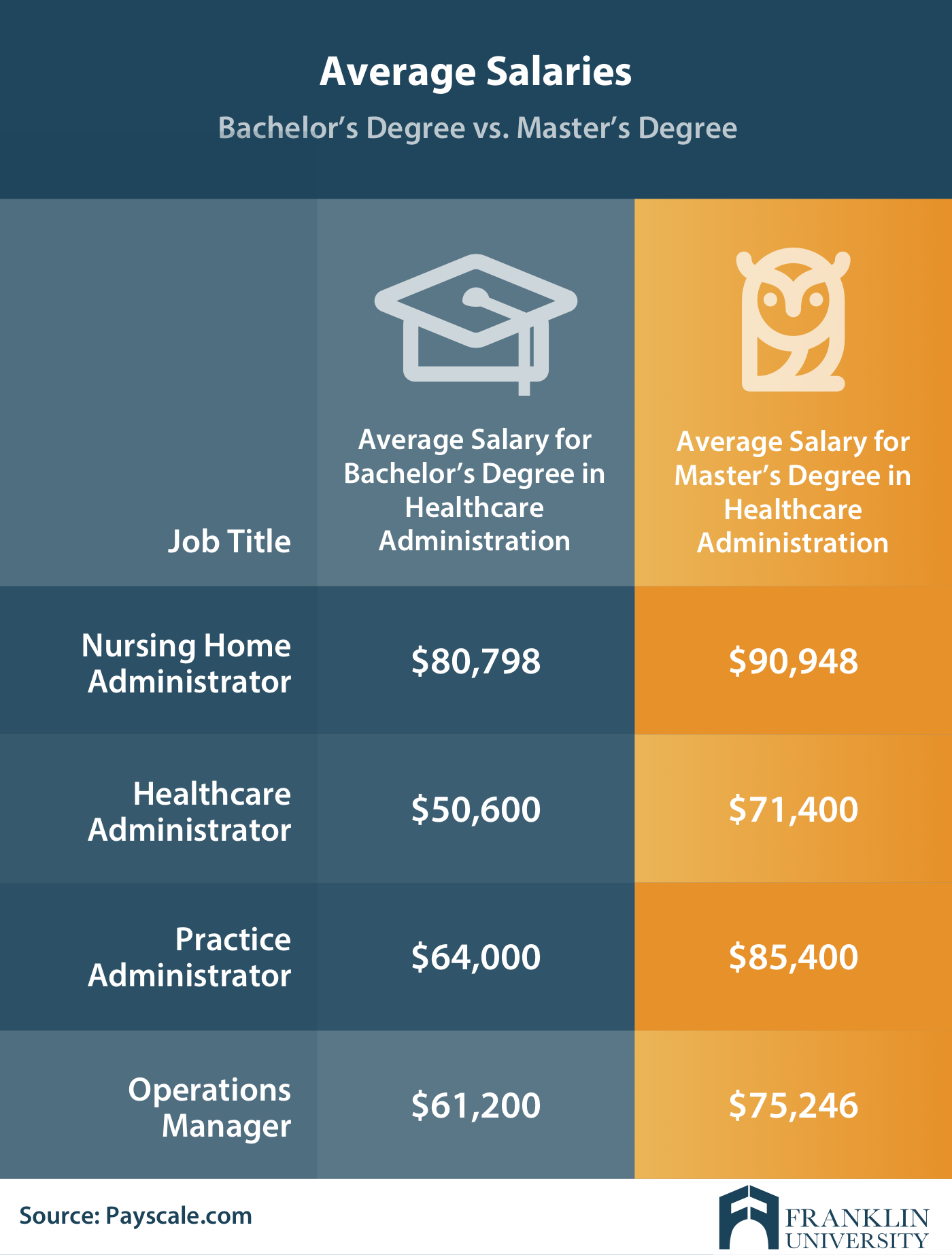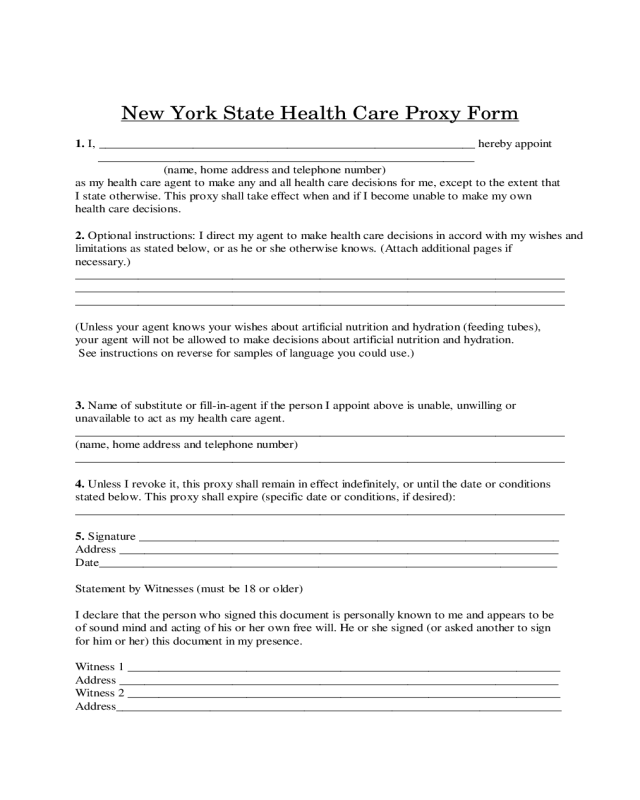Table of ContentsThe 8 Health Care Regulations In United States - Regis College StatementsOur What Is Healthcare Policy? - Top Master's In Healthcare ... StatementsAbout Health Policy - American Nurses Association (Ana)
Medicaid serves individuals who are U.S. citizens or legal permanent homeowners, consisting of low-income grownups, their children, and individuals with certain specials needs. Poverty alone does not necessarily certify someone for Medicaid. Medicaid is the biggest source of funding for medical and health-related services for people with limited earnings in the United States.

federal government given that 1965. It guarantees access to health insurance coverage for Americans ages 65 and older in addition to younger people with specials needs and individuals with advanced renal illness. Medicare has a different social role from for-profit personal insurers, which manage their danger portfolio to take full advantage of success by rejecting coverage to those they expect will need it.
In 2008, the U.S. Federal Government spent $391,266,000,000 on Medicare. Beginning in the 1990's, many states received waivers from the federal government to create Medicaid managed care programs. Under managed care, Medicaid recipients are registered in a personal health insurance, which gets a fixed month-to-month premium from the state. The health insurance is then responsible for offering all or the majority of the recipient's health care needs.
Nationwide, approximately 60% of enrollees are registered in managed care plans. Core eligibility groups of poor children and moms and dads are most likely to be registered in managed care, while the senior and disabled eligibility groups more frequently remain in standard "fee for service" Medicaid. Some states run a program called the Health Insurance Premium Payment Program (HIPP).
Since 2008, only a couple of states had premium help programs and enrollment was reasonably low. what is single payer health care. Nevertheless, interest in this method stayed high. Medicare Benefit plans are needed to use coverage that satisfies or exceeds the standards set by the initial Medicare program, but they do not have to cover every advantage in the very same way.
Medicare Advantage plans use a part of the payments they receive from the government for each enrollee to offer supplemental benefits. All plans restrict their members' yearly out-of-pocket costs on treatment, with an annual limit of $6,700. Some plans offer oral coverage, vision protection, and other services not covered by Medicare Components A or B.
About Health Alcohol Detox Care Policy - Boundless Political Science
Unlike Medicare, which is entirely a federal program, Medicaid is a joint federal-state program - how does universal health care work. Each state operates its own Medicaid system, however this system must comply with federal guidelines in order for the state to get coordinating funds and grants - where do i find my united health care policy number. The matching rate supplied to states is identified utilizing a federal matching formula (called Federal Medical Help Percentages), which produces payment rates that differ from one state to another, depending on each state's particular per capita earnings.
Medicaid financing has ended up being a major budgetary concern for lots of states over the last few years. Typically, states spend 16.8% of their basic funds on the program. If the federal match expense is also counted, the program typically uses up 22% of each state's budget.: Costs on U.S.
Medicare is an earned privilege. Entitlement is most typically based upon a record of contributions to the Medicare fund. As an outcome, it is a kind of social insurance that makes it practical for individuals to pay for insurance coverage for sickness in aging. They add to the fund when they are young and able to work.

Some individuals will pay in more than they get back and others will return more than they paid in, however this is the practice with any type of insurance, public or private. Universal health care coverage supplies health care and monetary defense to all people; however the United States has not adopted it.
Proponents of health care reforms that call for the growth of government involvement in order to achieve universal health care argue that the need to provide profits to investors in a primarily free-market health system, and the extra administrative costs, tends to increase expenses. The United States has rather embraced a single-payer system for healthcare.
: The amount of space or time offered to an occasion in papers or on television Universal healthcaresometimes referred to as universal health protection, universal protection, universal care, or social health Check over here protectionusually describes a health care system that provides health care and monetary security to all people. It is organized to supply a defined package of benefits to all members of a society with the end goal of offering monetary threat defense, improved access to health services, and improved health results.
Everything about What Is Healthcare Policy? - Top Master's In Healthcare ...
Three critical measurements can determine universal health care: who is covered, what services are covered, and how much of the expense is covered. Universal healthcare systems vary according to the degree of federal government participation in offering care and/or health insurance. In some countries, such as Drug Rehab Delray the United Kingdom, Spain, Italy, and the Nordic countries, the federal government has a high degree of involvement in the commissioning and shipment of health care services.
Other nations have a much more pluralistic shipment system of required health insurance, with contributing rates based upon wages or earnings and normally moneyed collectively by companies and beneficiaries. Often the health care funds are stemmed from a mix of insurance premiums, salary-based mandatory contributions by staff members and/or employers to managed sickness funds, and by federal government taxes.
dollars PPP-adjusted, for the countries of Australia, Canada, France, Germany, Japan, Switzerland, the UK, and the United States with the years 1995, 2000, 2005, and 2007 compared. Advocates of health care reforms that require the growth of government involvement in order to accomplish universal healthcare argue that the need to supply earnings to investors in a predominantly free-market health system, and the extra administrative costs, tends to increase expenses and result in more costly health care.
Spread, localized, "insurance coverage cooperatives" are too small to do that and are "developed to stop working" by the well-off forces opposing Democratic health care reform. The United States has rather embraced a single-payer system for healthcare. The term "single-payer healthcare" is used in the United States to describe a funding mechanism fulfilling the costs of healthcare from a single fund.